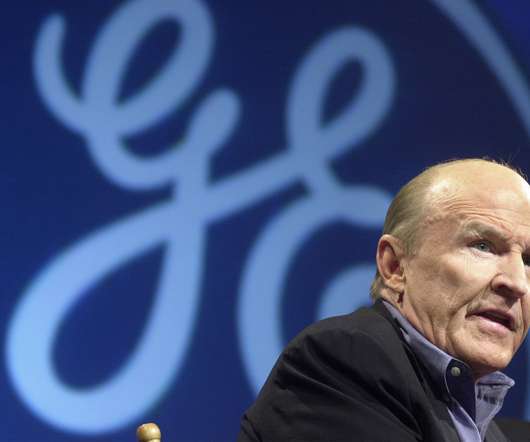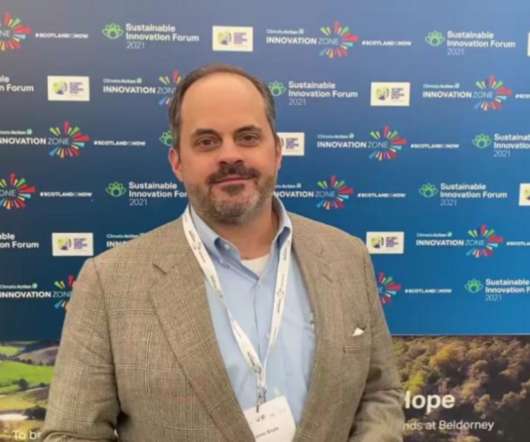Rethinking Former GE CEO Jack Welch’s Legacy Offers Insight Into the Future of American Capitalism
Just Capital
JUNE 2, 2022
When Jack Welch retired as chairman and CEO of General Electric in 2001, he ended a 20-year tenure that took GE from a valuation of $14 billion to $600 billion, making it the most valuable company in the world. (Chris Hondros/Getty Images). Something has shifted in the business world over the last, call it seven to five years.











Let's personalize your content